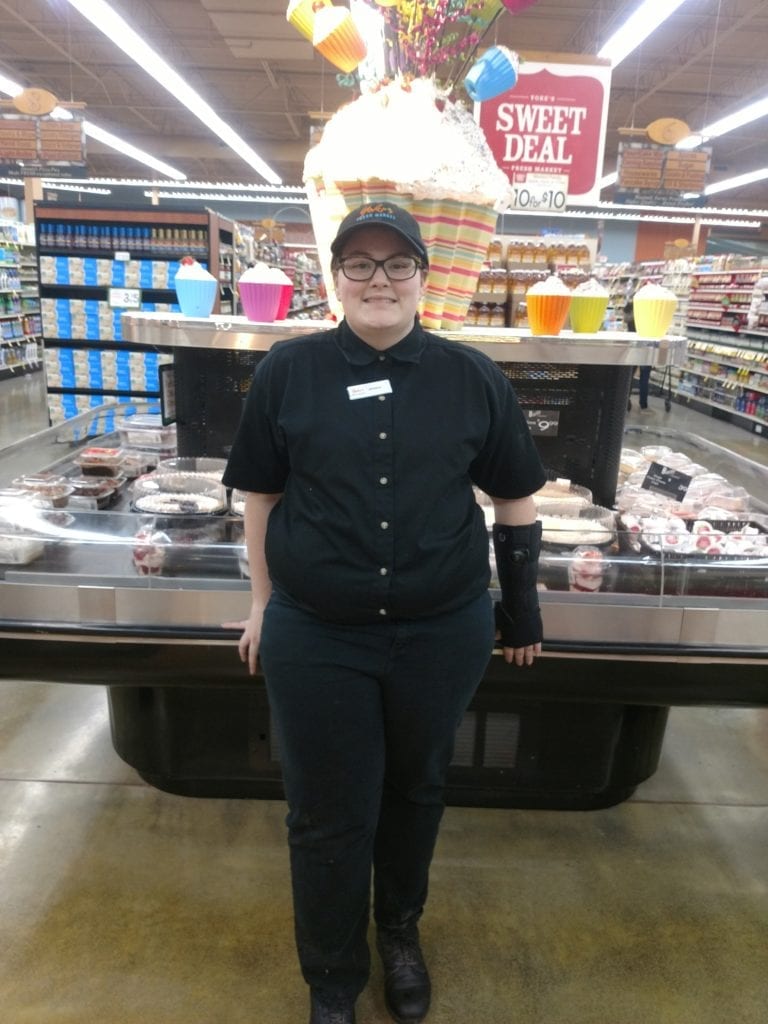
Home » Hospitality is a timeless, stable career
Hospitality is a timeless, stable career

May 15, 2019
By Marilou Shea
I’m often surprised at the number of people who don’t know what “hospitality” means, but I am always pleasantly surprised once I enlighten them. A happy face appears, as a warm memory traverses their heart to their head. It’s clear good hospitality leaves a lasting, memorable imprint.
Hospitality shares the same Latin root as “hospital” and that’s typically where the confusion comes in. Hospitality can be defined as the friendly and generous reception and entertainment of guests, visitors or strangers. It comes from “hospes,” a Latin word meaning host, guest or stranger.
Hospitality, the industry, is typically composed of six sectors: food and beverage (hence why I’m covering hospitality in this column), attractions, conventions, cruises and lodging.
https://vimeo.com/336407507
How do you define something when it seems indefinable? It seems to me that hospitality is about an experience best illustrated by genuine examples.
In biblical times, the three wise men serve as the quintessential stewards of hospitality. Bearing gifts is one example of hospitality to be sure. The Magi also traveled 800 miles to visit baby Jesus. The effort made to visit surely is part of this hospitality equation because it certainly was rough going, with donkeys, dirt roads and do-it-yourself restrooms.
In colonial times, the pineapple reigned supreme as one of the most sought-after fruits to behold, and as such, became a high-end luxury sign of hospitality due to its popularity and scarcity. You may not have had a bejeweled crown but rest assured you were treated like royalty if you were served pineapple in any form. Hence the term, “royal treatment.”
The pineapple was so insanely popular that clever confectioners finagled a sweet deal with inspired hostesses who couldn’t afford to buy the fruit for consumption: one could lease the fruit for display-only purposes. Today, you still see the pineapple motif displayed in many of the original colonial states because they pride themselves on their hospitality.
Though hospitality is today a growing industry, the need for qualified candidates has become a national epidemic. Ask anyone in the industry and they’ll tell you about the gaping need for qualified workers in all sectors.
From maintenance workers to breakfast attendants, sous chefs to front desk representatives, the industry is suffering a massive labor shortage. Why? There’s a stigma associated with hospitality workers, along with a perceived lack of training necessary to pursue it as a career path.
While many hospitality positions start at minimum wage, often the salary is higher because of the labor shortage and employers’ need for workers with the right attitude: those who love to help people, provide exceptional customer service and want to learn.
Advancement in hospitality is typically rapid due to the lack of qualified candidates. And, the benefits are terrific, too.

(Courtesy WorkSource Columbia Basin)
The good news for the Mid-Columbia hospitality sector is apparent. According to the most recent data from the Washington Hospitality Association, restaurants and lodging in our community show stability and growth.
Take a look at the association’s data from 2014-17: The number of Benton County restaurants grew 7 percent, Franklin County, 20 percent. Restaurant sales grew 25 percent in Benton County and 31 percent in Franklin County. Lodging sales grew 29 percent in Benton County and 19 percent in Franklin County.
As our trusted labor economist Ajsa Suljic reminds me, any growth is good growth. We’ve got a good thing going in the region: a plethora of hospitality jobs available, talented, capable individuals and untold opportunities throughout the hospitality sector to nurture and grow that kind of talent here. And we’ve got the perfect platform to connect the two - the Be Our Guest hiring event May 22 as part of the hospitality month. What’s not to love?
Food Love columnist Marilou Shea is an adjunct faculty member for Columbia Basin College’s hospitality program and Food Truck Academy, as well as the creator of Food Truck Fridays.
https://www.tricitiesbusinessnews.com/2019/05/hospitality-job-fair/
Local News Hospitality & Meetings
KEYWORDS may 2019





